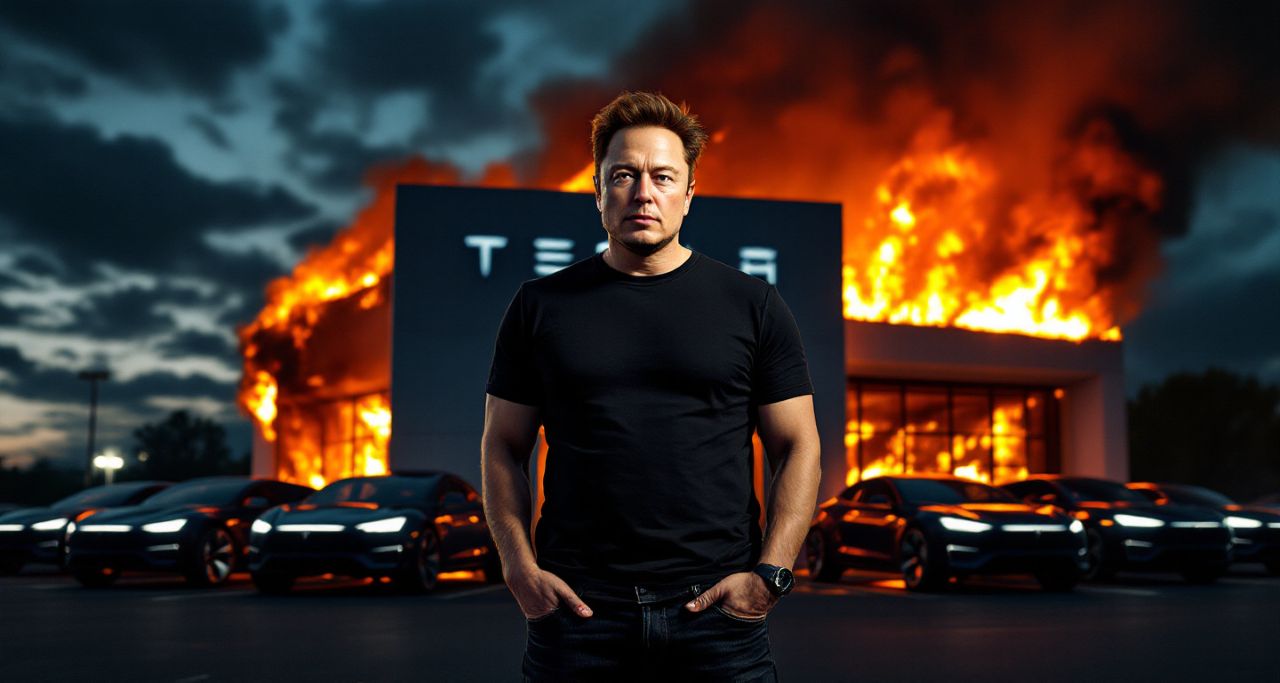
The Rift at the Top: Musk’s Disappointment with Trump’s Spending Bill
It’s not every day you see Elon Musk, the world’s richest man and a high-profile Trump ally, publicly rebuke the president he helped elect. But that’s exactly what happened this week, as Musk took to national television and social media to air his frustrations with President Donald Trump’s latest legislative triumph: the so-called “One Big, Beautiful Bill Act.” The bill, which recently squeaked through the House, is a sweeping package of tax cuts and spending increases that Trump has touted as a cornerstone of his domestic agenda. Musk, however, sees it as a direct threat to the work he’s been leading at the Department of Government Efficiency (DOGE)—and, by extension, to the fiscal health of the country itself.
Musk’s Mission: Trimming the Fat
Since January, Musk has been at the helm of DOGE, a White House initiative tasked with slashing government waste and redundancy. The numbers, at least on paper, are impressive: DOGE claims to have saved $170 billion in taxpayer money, largely by targeting what Musk calls “wasteful spending” and streamlining federal operations. But the cost has been steep—over a quarter-million government layoffs in just a few months, and a political backlash that’s left Musk’s own companies, like Tesla, in the crosshairs of public protest. I remember seeing a viral video last month of a Tesla Model S set ablaze outside a federal building, a stark symbol of how personal and political these fights have become.
The Bill That Broke the Camel’s Back
Musk’s breaking point came with Trump’s new bill, which the Congressional Budget Office projects will raise the federal deficit by $3.8 trillion over the next decade. In an interview with CBS’s “Sunday Morning,” Musk didn’t mince words: “I was, like, disappointed to see the massive spending bill, frankly, which increases the budget deficit, not just decreases it, and undermines the work that the DOGE team is doing.” He added, with a characteristic blend of wit and exasperation, “I think a bill can be big or it could be beautiful, but I don’t know if it could be both”.
Trump, for his part, responded with the pragmatism of a seasoned politician. “We had to get it through the House,” he told reporters, noting the lack of Democratic support and the need for compromise. “I’m not happy about certain aspects of it, but I’m thrilled by other aspects of it. That’s the way they go”.
The Political Fallout: Allies or Adversaries?
The tension between Musk and Trump is more than just a policy disagreement—it’s a public unraveling of a partnership that once seemed unbreakable. Musk, who reportedly spent over $250 million supporting Trump’s campaign, has been a fixture in the White House, advising on everything from space policy to government efficiency. Now, he’s pulling back, telling The Washington Post that DOGE is “just becoming the whipping boy for everything,” and that he plans to focus more on his companies and less on Washington.
The bill’s passage has also exposed rifts within the Republican Party. While House Speaker Mike Johnson praised DOGE’s work and promised to act on its recommendations, many lawmakers—especially those whose districts have been hit by layoffs—are pushing back. The Senate, where Republicans hold only a slim majority, is already signaling that the bill will face significant hurdles.
What’s Next for DOGE—and for Musk?
For all the drama, the core question remains: Can any one person—or even one agency—truly rein in the federal government’s appetite for spending? Musk’s efforts have been bold, even brash, but the backlash has been just as fierce. As someone who’s watched Musk’s career with a mix of admiration and skepticism, I can’t help but wonder if this is the moment he finally meets his match—not in the marketplace, but in the messy, compromise-ridden world of American politics.
One thing is clear: the alliance between Musk and Trump, once a symbol of outsider disruption, is now showing real cracks. Whether that breakup is temporary or permanent may depend on what happens next in the Senate—and whether either man is willing to blink.
